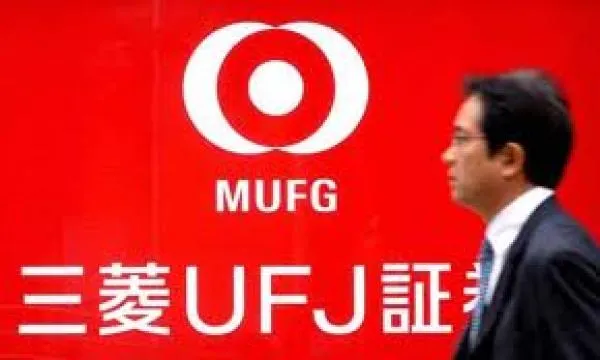
Japanese banks' US dollar assets balloon 88% to $2.5t in 2017
They have become the most significant, non-US dollar banking player in terms of size.
The global dollar denominated assets of Japanese banks ballooned by 88% to around $2.5t in 2017 to become the most significant, non-US player in dollar banking in terms of size, according to the Bank of International Settlements (BIS).
This is roughly 1.7 times larger than UK banks and more than twice as much as German and French banks who traditionally hold large dollar books.
Japanese dollar assets grew exponentially because of traditional banking activities and longer maturity assets which follows the overall trend of non-US global banks rivaling the dollar assets of US banks with the former collectively holding $12.6t of dollar assets.
“Japanese banks’ dollar exposures have not only become the largest in size but are also longer term and harder to scale back, BIS added. "Japanese banks collectively form the largest branches and agencies in the United States, with a large loan book on the asset side that by its nature is longer term."
This comes as Japanese banks increasingly use their Western branches as a medium for dollar funding through the repo market. The report pointed out that this is a feature unique to the consolidated operations of Japanese banks across the world as opposed to French and Canadian banks who instead act as matched repo book intermediaries.
Their balance sheet composition runs in stark contrast with European banks whose global dollar assets plunged by almost half at 42% over the same period following moves to deleverage after the Great Financial Crisis and eurozone crisis.
“European banks have retreated from their dollar loan business and have instead concentrated on short term profit opportunities,” the report noted as investments in interest earning excess reserves and repo intermediation have replaced loans to a large extent.
BIS also pointed out that Japanese banks have a relatively inelastic demand for long-term dollar funding raised in the US.
They also concentrate their repo borrowing which entails that their bargaining power is consequently diminished whilst funding maturity is extended.
“Consistent with the fact that Japanese banks have large longer term exposures on the asset side, the maturity of their overall liabilities with MMFs is also longer (around 40 days versus 27 days for non-Japanese banks). Longer maturity is easier to obtain through non-repo instruments, which on average is around 38 days compared to 6.5 days for repos. Japanese banks have received about 3.7 times more funding from US MMFs through non-repo instruments than repos.”













 Advertise
Advertise










